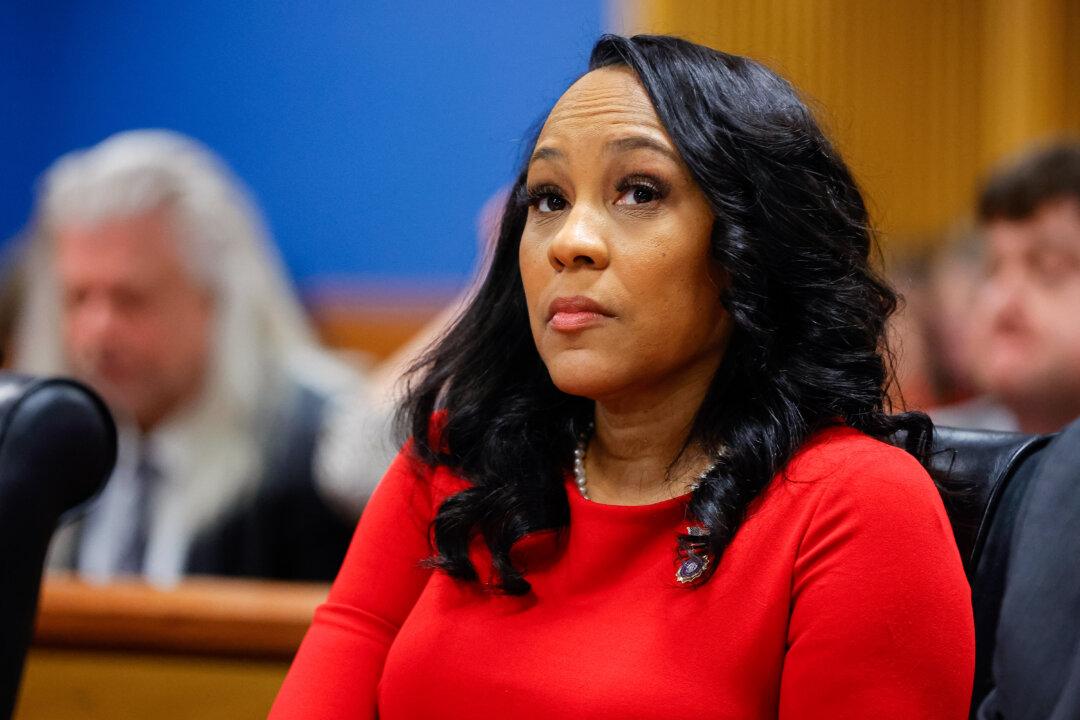Fulton County District Attorney Fani Willis on Monday urged the Georgia Court of Appeals to deny defendants’ request to review a decision that allowed her to stay on the high profile racketeering case naming former President Donald Trump and 14 others.
Ms. Willis is prosecuting the defendants for allegedly interfering illegally in the 2020 elections, and became the subject of several investigations herself earlier this year when one of the defendants alleged an affair with the case’s lead prosecutor and misuse of public funds.





